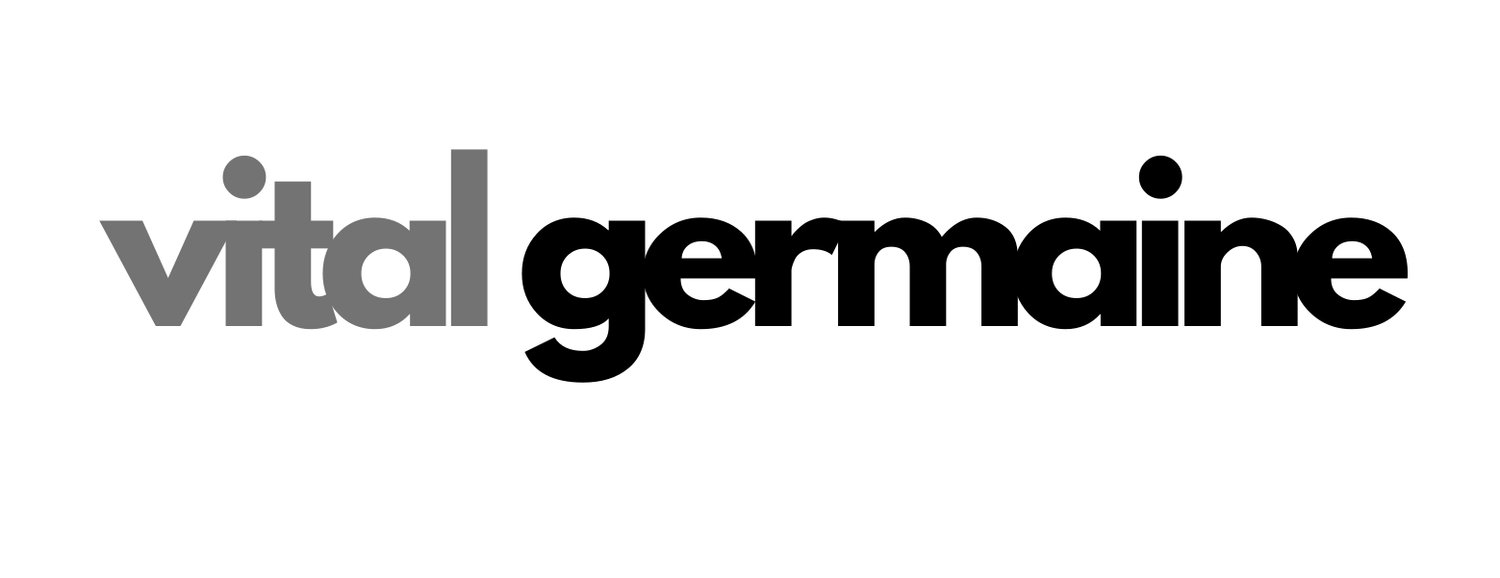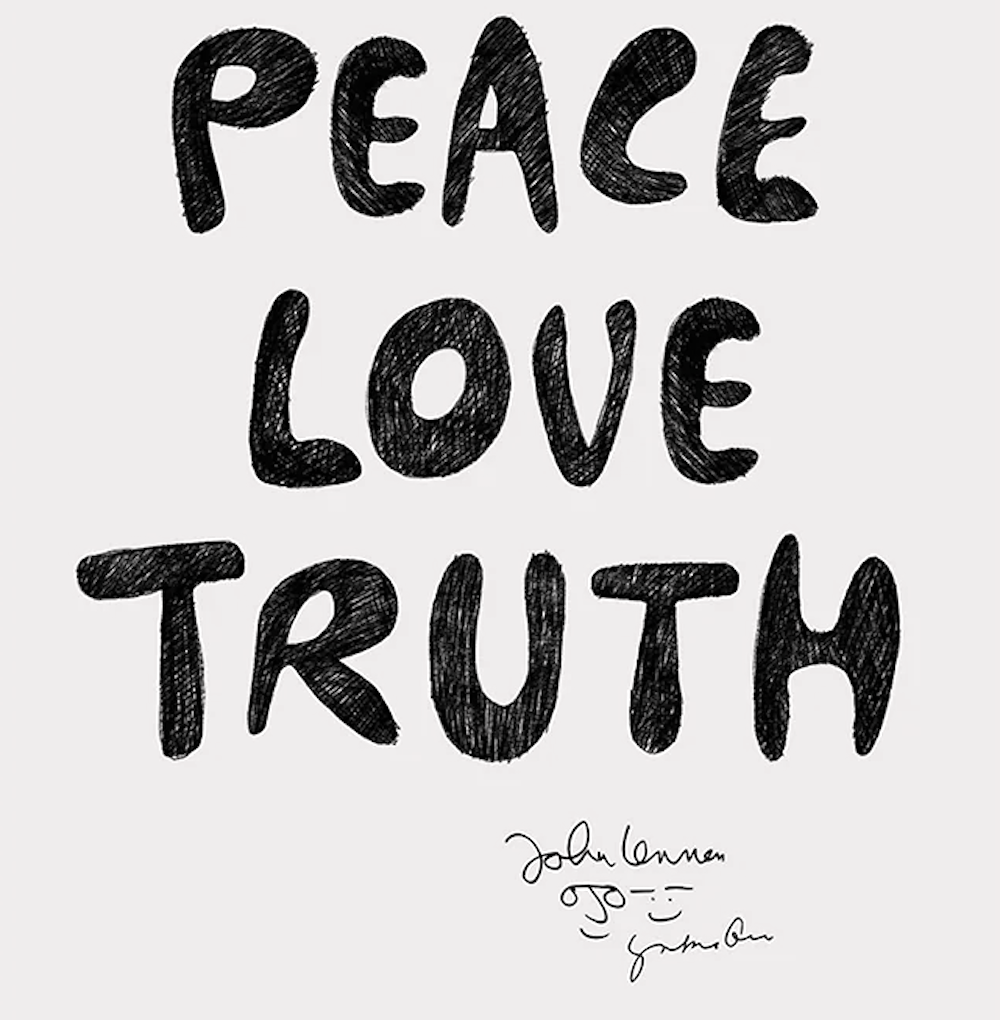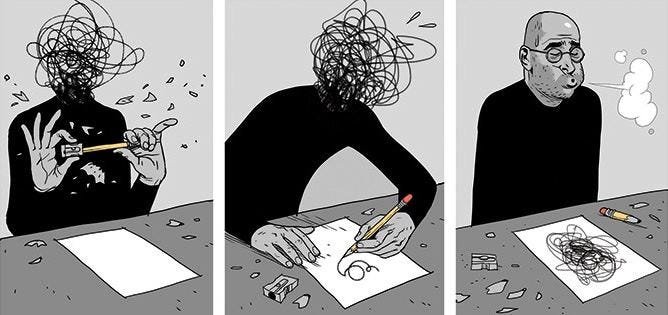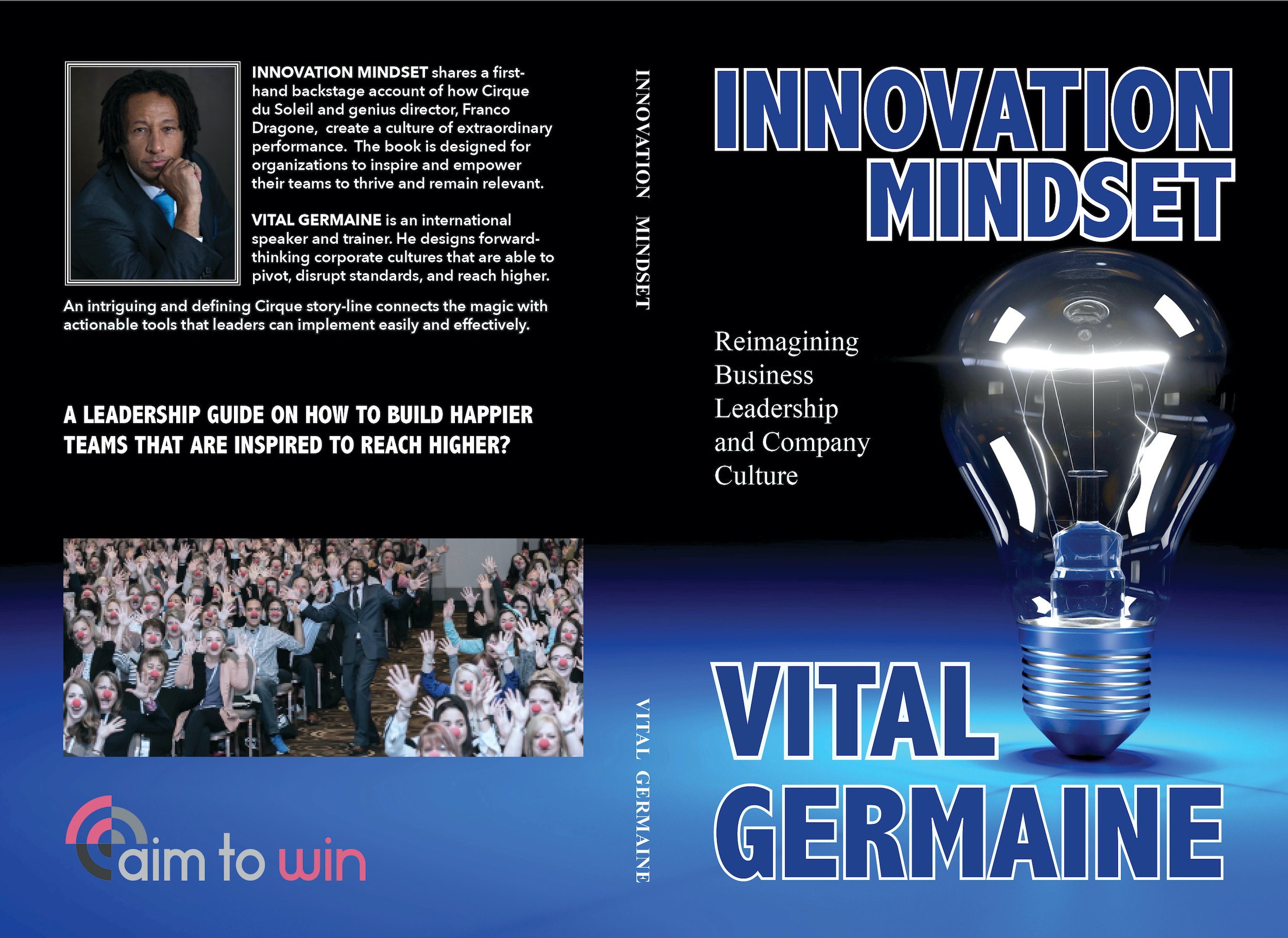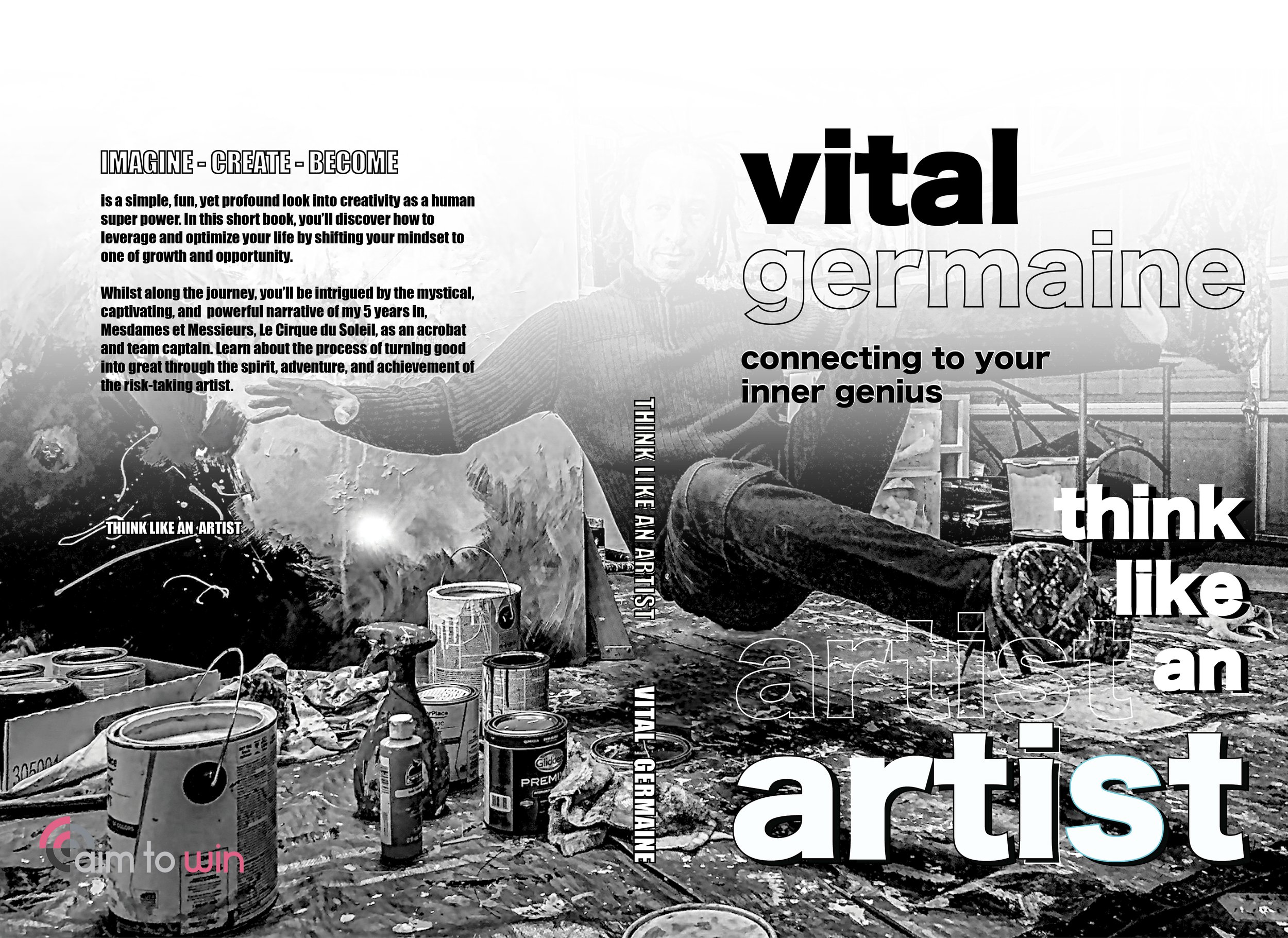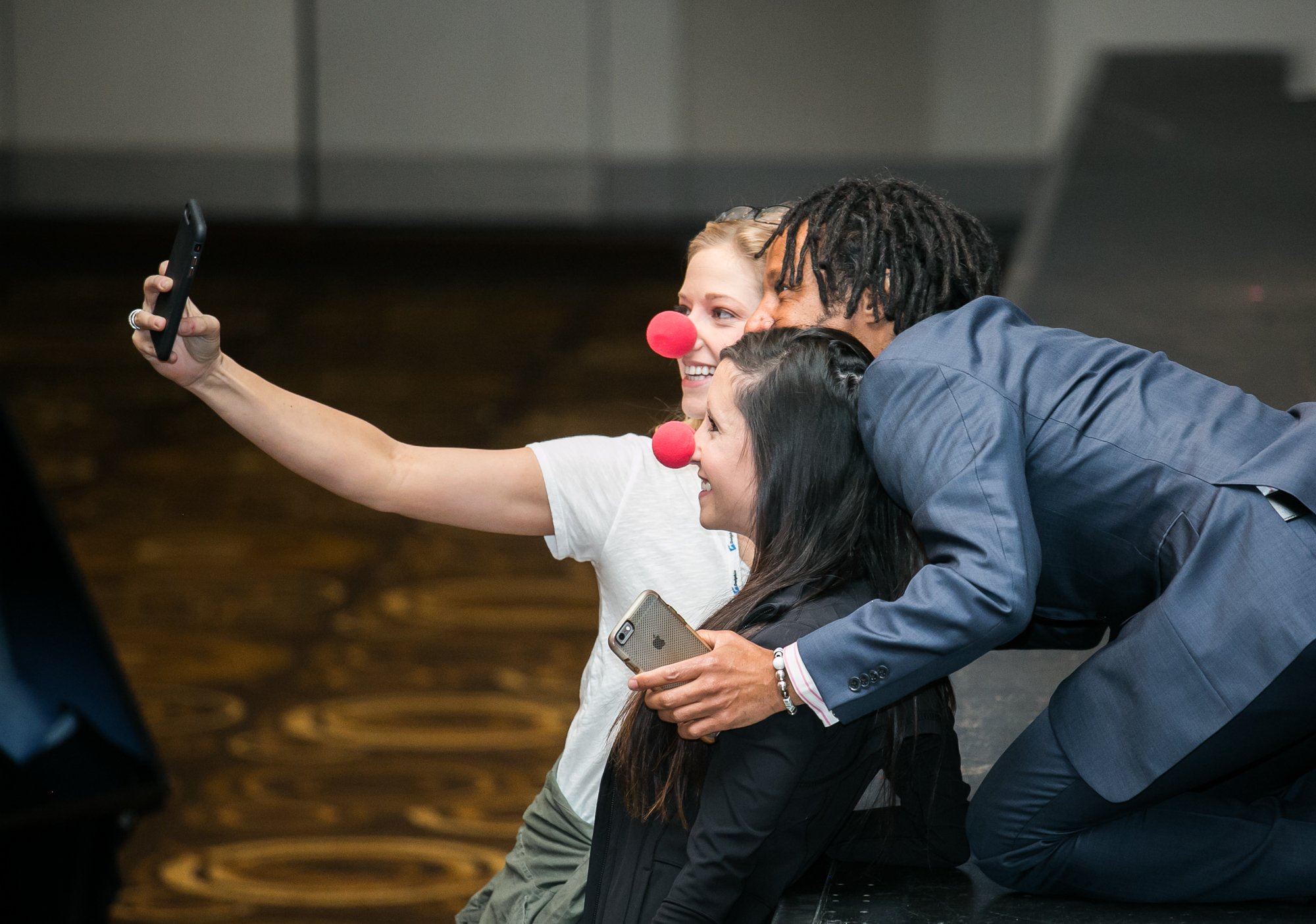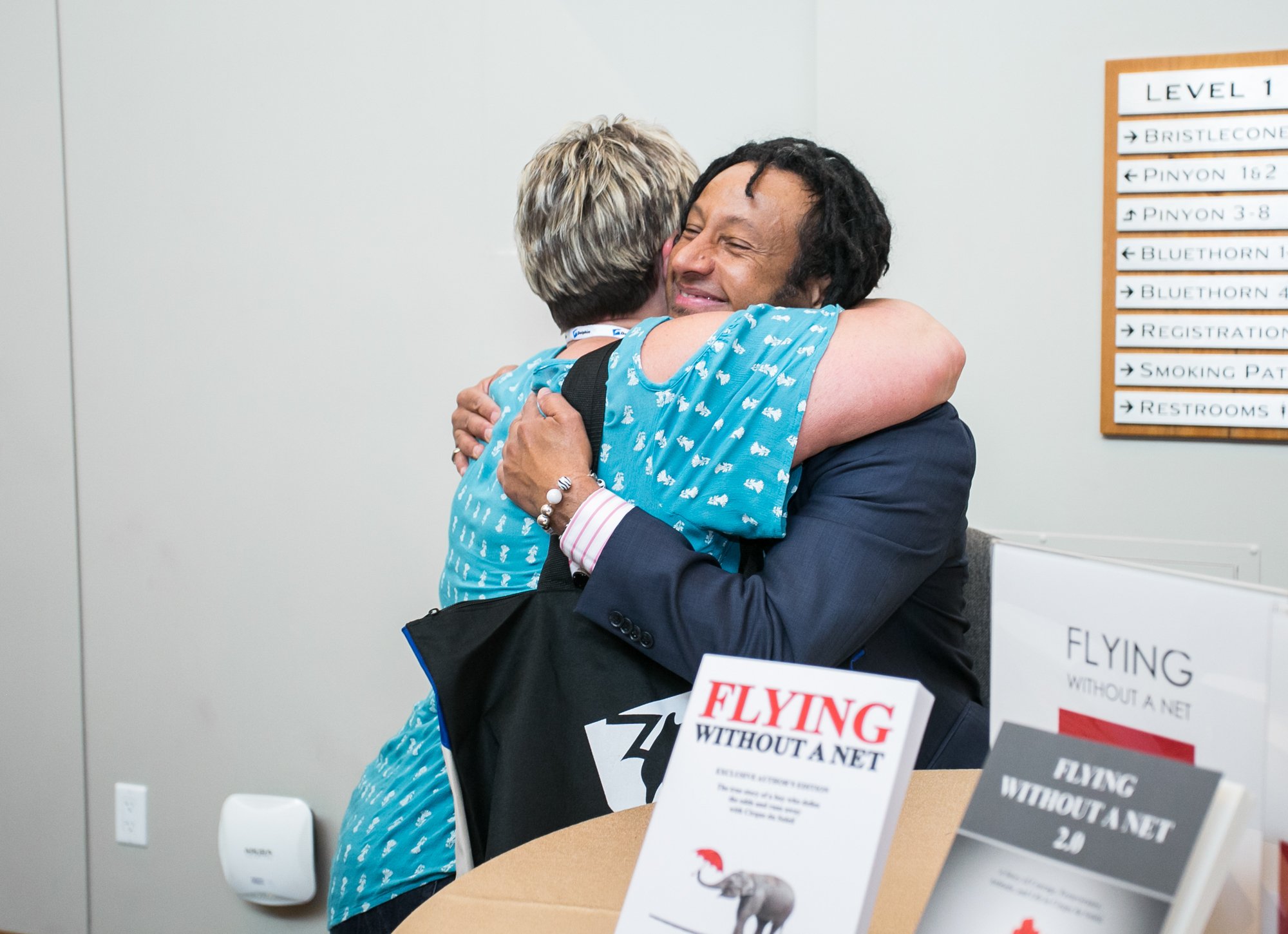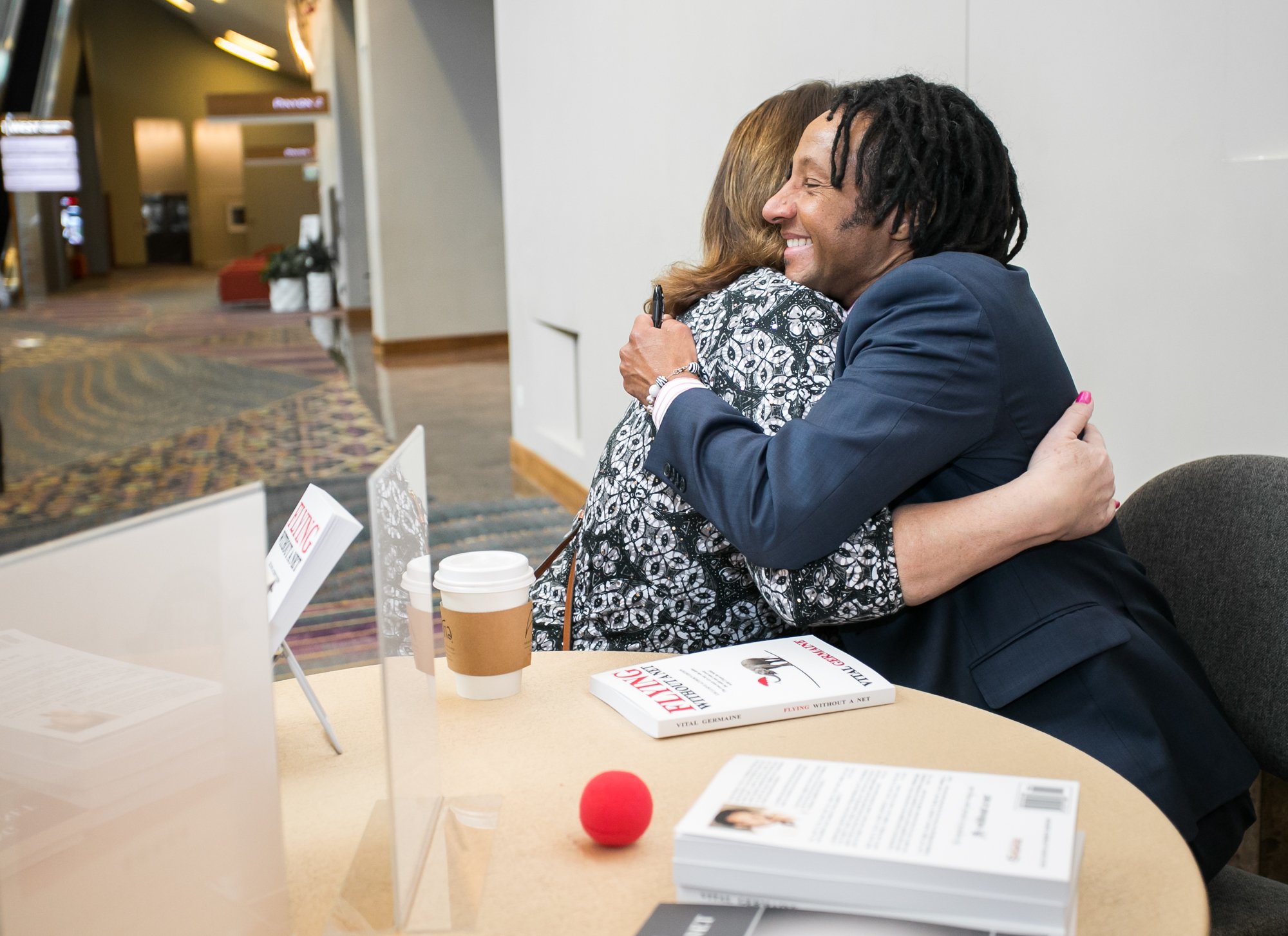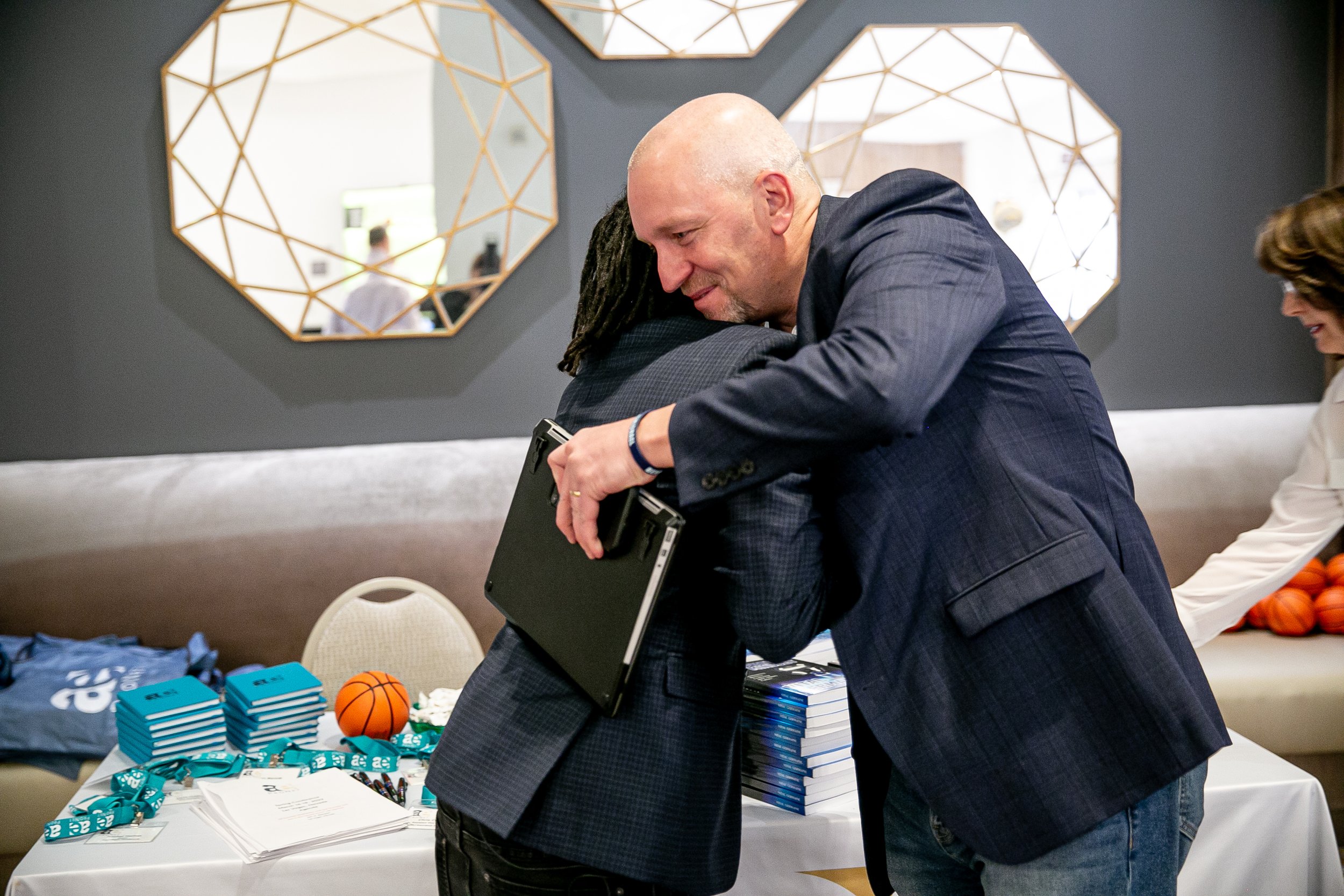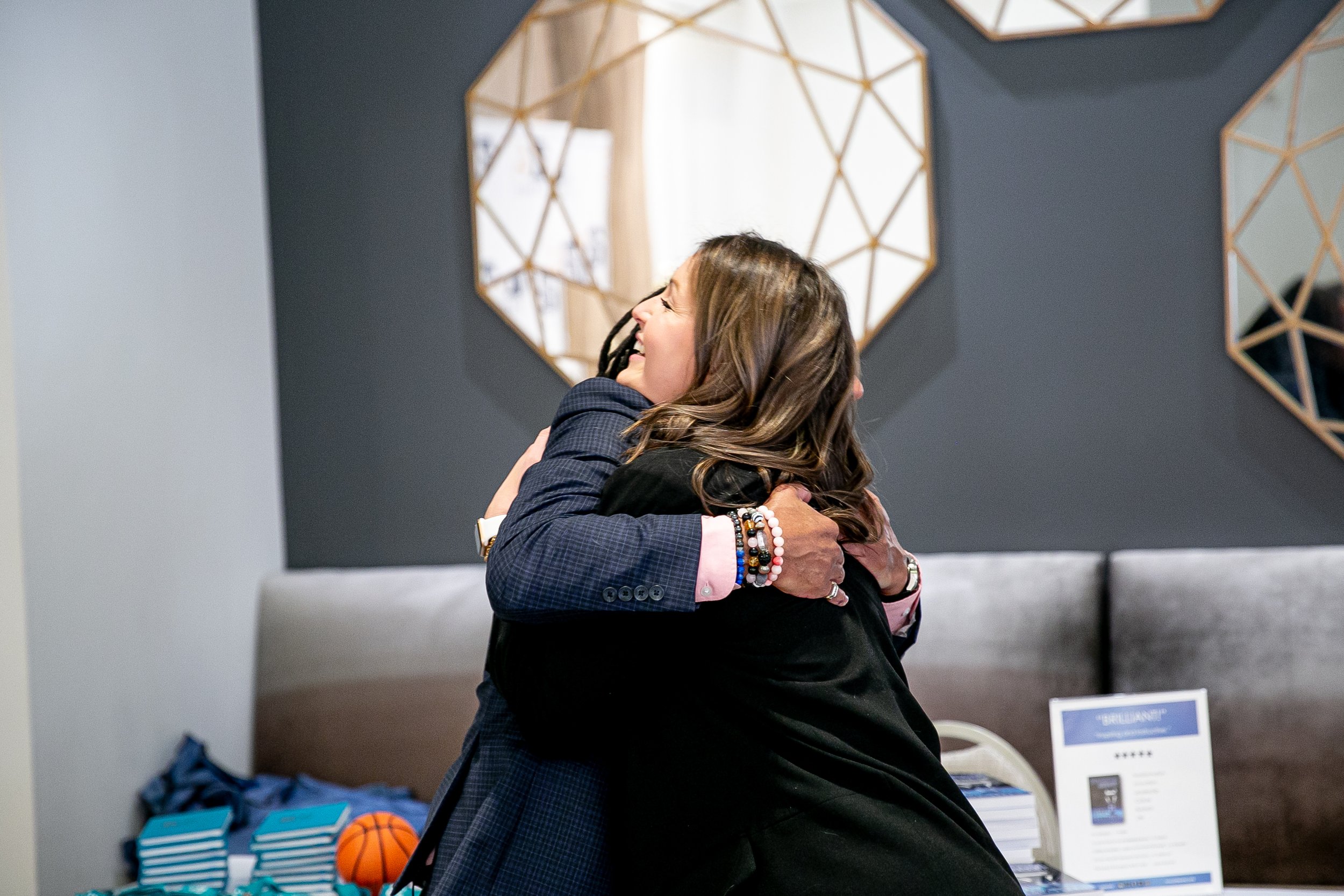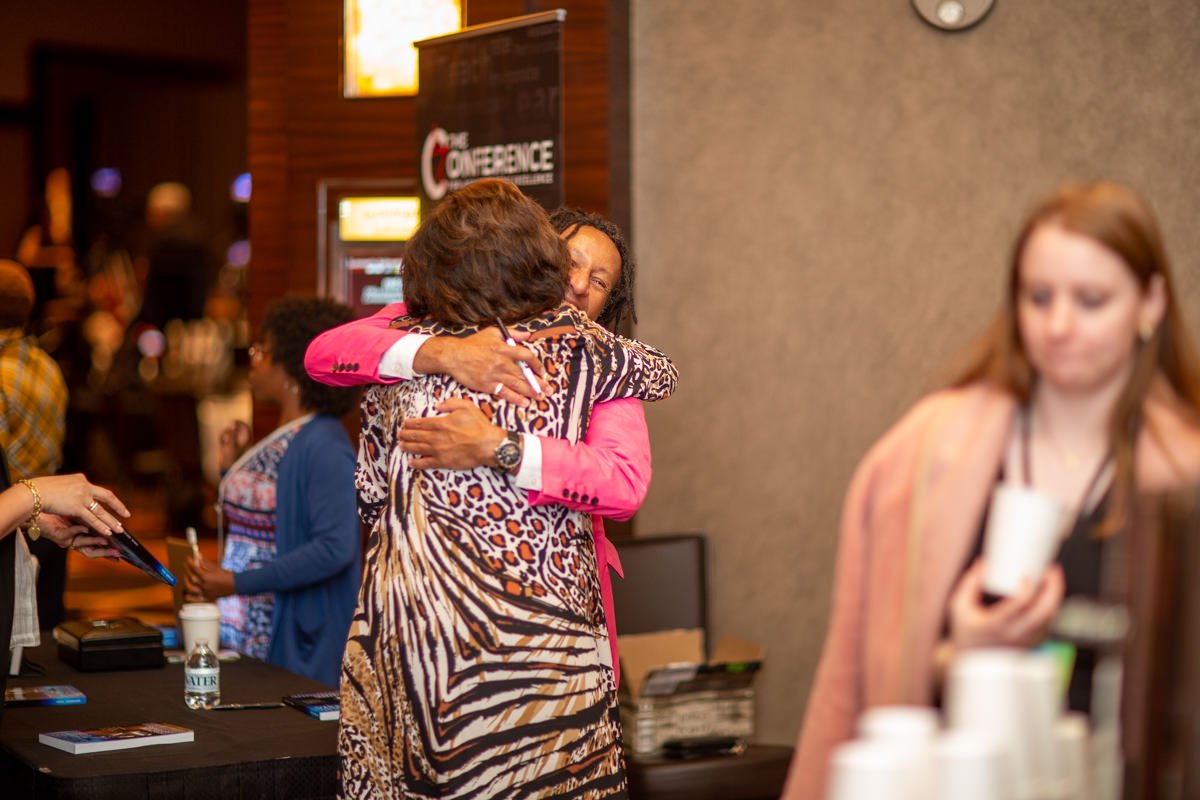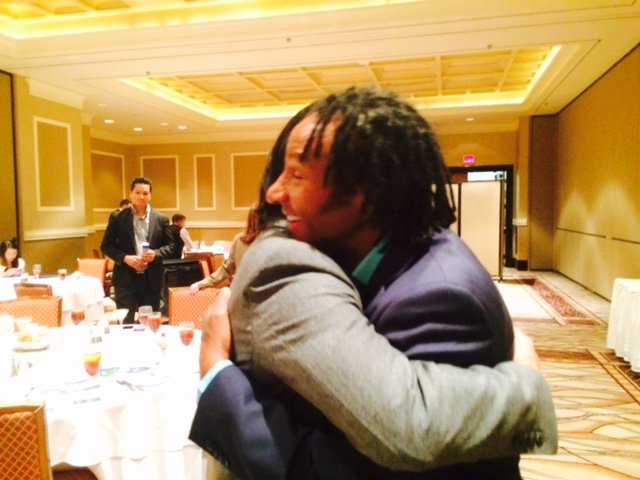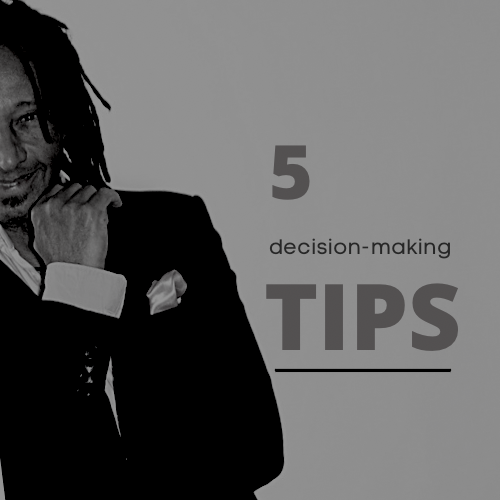What not to do when a relationship ends
/Relationships are complicated and complex, whether intimate, or professional. There are endless moving parts that determine the quality, success, or failure of said relationship. Inevitably, the endings are always connected to the quality of communication.
Either the wrong thing was said at the wrong time in the wrong way, Either the right thing was said at the wrong time in the wrong way (and variations there of). Sometimes it’s not necessarily what was said, but rather a question of how it was interpreted. The final and often overlooked element of communication is the something that wasn’t said. It may have been intentionally left out. It may have been accidentally omitted as it appeared to be irrelevant or because it may have cause friction. Ironically, not saying it will inevitable end up causing friction. Better to say. Just figure out the right time and the right way.
Most relationships will face conflict and end as a result of values being violated, stubbornness, avoidance of accountability or willingness to change behavior, or simple yet meaningful disagreement on perception and responsibility that becomes a deal breaker. Sometimes nobody is wrong. It’s just time to part ways.
When relationships do end, here's what I've learned about what shouldn’t be done (includes my past indiscretions).
1. Good people say bad things (yep, I've said some mean #$%&). It doesn't make them bad people. Vice versa, bad people do good stuff... they are still bad people.
2. Whatever secrets they entrusted with you... honor that trust despite the relationship ending.
3. What ever gifts you gave them, don't take them back (oops! - i've learned).
4. Celebrate the beauty of the relationship despite the current disappointments/deceit etc. It will hurt at first and seem impossible to celebrate an end. In due time, I hope you will reflect and see some value in that relationship.
5. Whatever went wrong, you played a part in it, making you accountable too. (ouch!!!)
6. "Sometimes you win. Sometimes you learn." - John Maxwell
7. Add your own advice here
Take my REACHING HIGHER THROUGH COMMUNICATION online course and help improve your relationships. Click button below to register.
